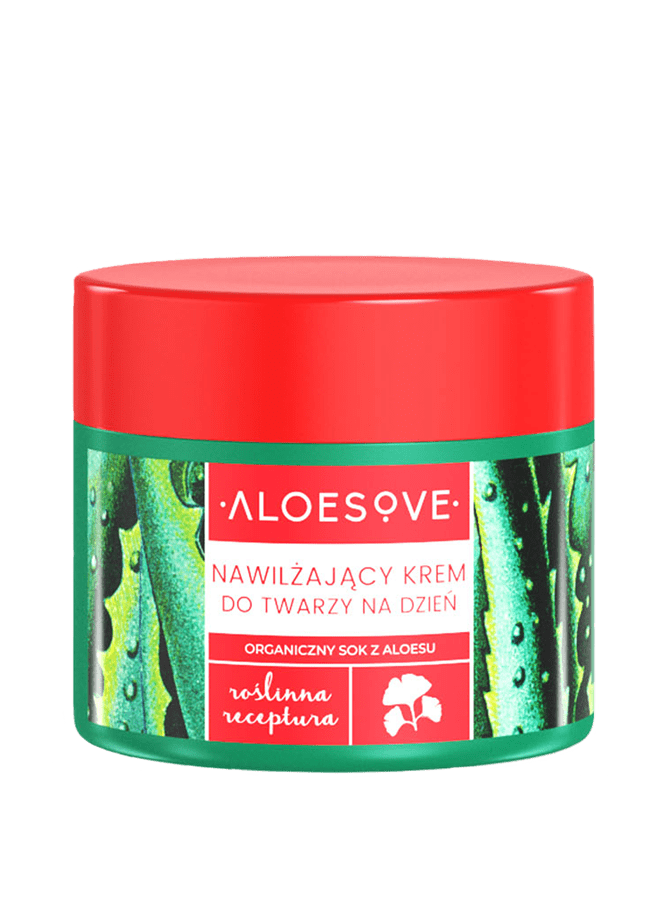
Aloe vera gel is an extremely versatile material – if you delve into the information about it, you may get the impression that it is a remedy for all skin problems. However, a common saying says that “what is for everything is for nothing” – is it really so?
Absolutely not! Numerous scientific studies confirm the effectiveness of aloe mainly in the case of burns and irritations – hence aloe is one of the most frequently used plants with soothing, anti-inflammatory properties and supporting skin regeneration. It contains, among others, enzymes, sugars, phenolic compounds, amino acids, vitamins: A, C, E, B, minerals: copper, zinc, chromium, iron, sodium, potassium, calcium, magnesium. It is used in case of sunburn, minor injuries (epidermis abrasions), or as a product supporting dermatological treatments (psoriasis, eczema, atopy).

Thanks to the above-mentioned strong anti-inflammatory properties, preparations with aloe support the elimination of acne lesions. Moreover, salicylic acid contained in aloe normalizes the activity of sebaceous glands and reduces the visibility of dilated sebaceous gland openings (“pores”).
However, aloe is mainly a substance strongly binding water in the epidermis – thanks to lignins and mucopolysaccharides it is an invaluable rescue for dry, mature and dehydrated complexions. It strongly moisturizes the skin without being comedogenic. You can successfully use it under your favorite cream or oil to intensify their effect!
Aloe ver a is often referred to as a highly allergenic substance – like any plant substance it can cause allergy in people with sensitive skin to this ingredient. It is very helpful to look for cosmetics with confirmed high quality of aloe vera juice – this is important because aloe vera juice can be obtained in two ways:
Unfortunately, the aloe vera leaf peel contains compounds responsible for allergenic properties, causing erythema and irritation: aloin and emodin! Therefore, when deciding on a cosmetic product with aloe, it is worth asking an expert or a manufacturer for advice on the quality of aloe used in their cosmetics. The quality of the raw material may also be confirmed by the IASC certificate (International Aloe Science Council). Choose the best quality and enjoy its universal properties!